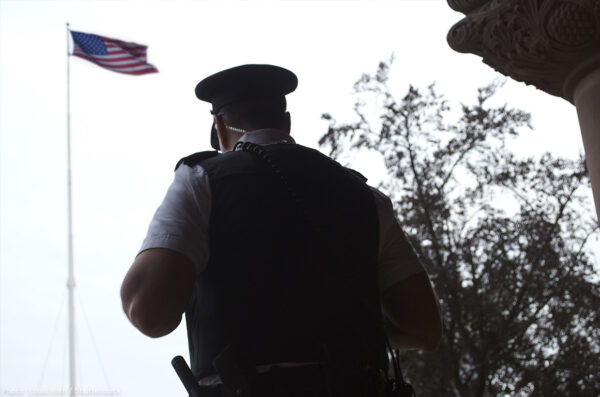ACLU Urges Supreme Court to Reverse Decision Granting Law Enforcement Immunity from the Fourth Amendment
WASHINGTON — The American Civil Liberties Union today filed a friend-of-the-court brief in Torres v. Madrid, a policing case before the Supreme Court to be argued March 30, 2020. In the amicus curiae brief, the ACLU and a cross-ideological coalition of partners argue that the Tenth Circuit’s decision misinterprets the Supreme Court’s prior Fourth Amendment case law and is inconsistent with the court’s tradition of guarding persons and property against unreasonable intrusions under the Fourth Amendment.
Carl Takei, ACLU senior staff attorney, highlighted the impact that that the court’s decision in the case will have on police use of force policy in the following statement:
“The question before the court in Torres v. Madrid is whether police are unbound by the Constitution when it comes to use of force against people who then resist or flee from them. Unless the Supreme Court reverses the Tenth Circuit’s decision, it will mean that an incredibly wide range of physical force deployed by police officers — including blunt force, Tasers, and lethal force — is immune from any reasonableness analysis under the Fourth Amendment whenever that force fails to completely immobilize the person.
“Especially given the nationwide epidemic of police violence, it is essential that the Fourth Amendment apply whenever law enforcement officers punch, electrically shock, choke, or shoot individuals. Without that limit, the court would be declaring that law enforcement officers across the country have broad leeway to abuse their power against anyone they determine to be resisting arrest or fleeing.”
The amicus is available online here: /legal-document/torres-v-madrid-amicus-brief



